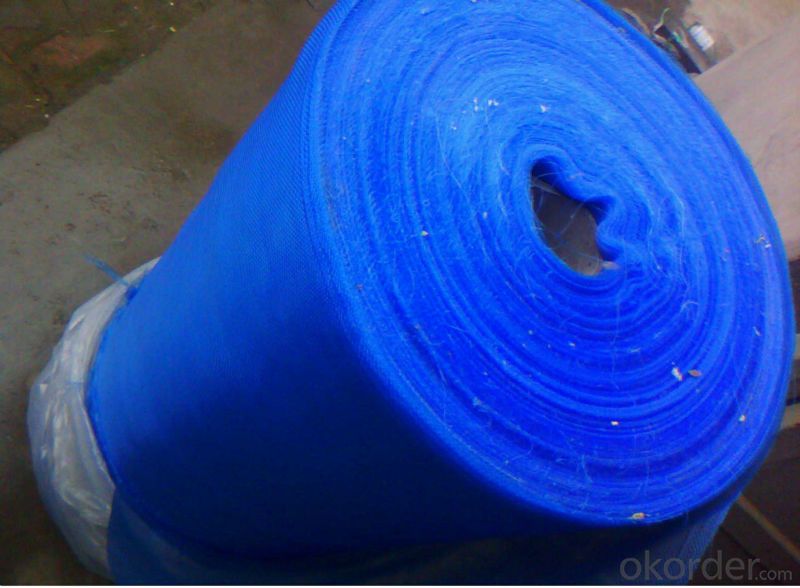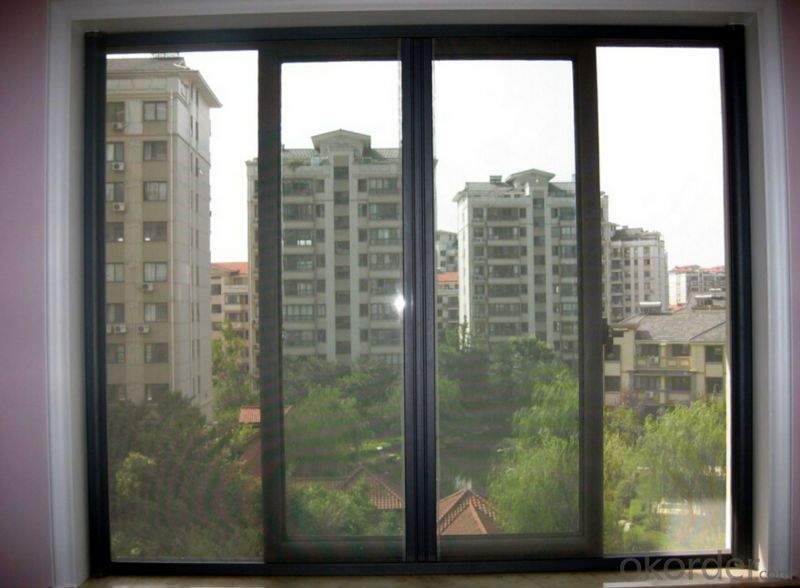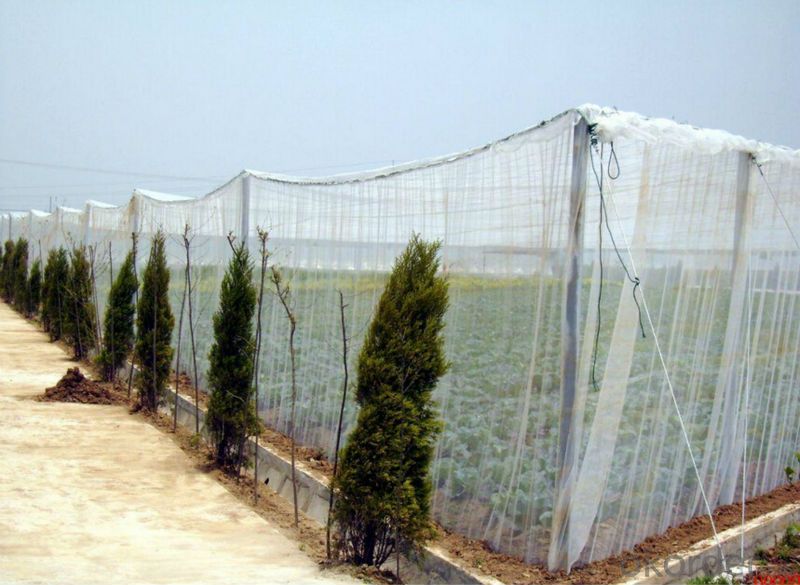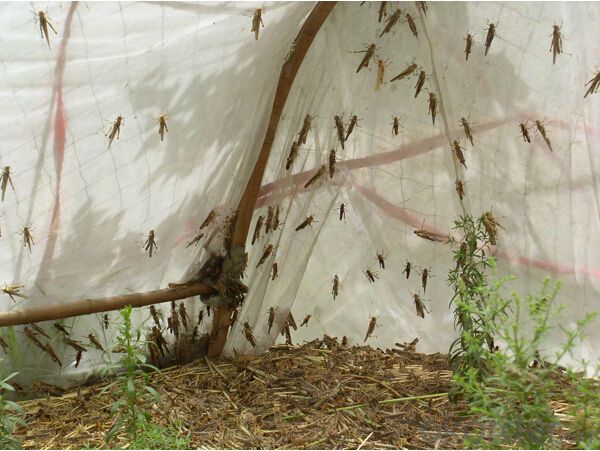Packaging & Delivery
| Packaging Details: | plastic window screen packaging 1.plastic bag 2.plastic bag,weaving cloth bag 3.plastic bag,carton box 4.at your re quest |
|---|---|
| Delivery Detail: | 25working day for plastic window screen |
OKorder Service Pledge
OKorder Financial Service
You Might Also Like
Type:Door & Window Screens
Place of Origin:Hebei, China (Mainland)
Screen Netting Material:Plastic
Product name:plastic window screen,mosquito net,insect mesh, fly nets
also calling:,nylon netting,plastic products,plastic pet screen
material:plastic wire yarn
mesh:plastic window screen
width:0.3-3m plastic window screen
length:20m,50m,100m,200m,500m plastic insect screen
usage:plastic window screen hotel,building,construction,garden,
| Packaging Details: | plastic window screen packaging 1.plastic bag 2.plastic bag,weaving cloth bag 3.plastic bag,carton box 4.at your re quest |
|---|---|
| Delivery Detail: | 25working day for plastic window screen |
plastic window screen
1.mesh10-60
2.width:0.3-3m
3.color:white,blue,green,yellow,etc
4.use for window ,door sc
Plastic window screen manufacturers
Also called HDPE window screen, plastic insect screen, plastic mosquito netting, plastic fly netting, nylon netting

Plastic window screen manufacturers
1.Material:PE,PVC,HDPE,plastic and nylon
2.Weave type: plain weave & Interweave
3.Mesh size: 14mesh,16mesh,18mesh,20mesh,22mesh,24mesh,26mesh,28mesh,30mesh etc.
4.Wire diameter: 0.11mm - 0.35mm
5.Width/roll: 400mm - 3200mm
6.Color: black,milky white,dark blue,green,yellow or as your requirement

7.Characteristics: dense mesh, uniform mesh size, beautiful design and low cost .
8.Application: Used in high-grade office, residential buildings and other constructions, farm, orchard, etc., it is the best protection product for insects, mosquitoes and flies.
Any specification depends on your request.



Send your message to us
OKorder Service Pledge
OKorder Financial Service
Similar products
Hot products
Hot Searches
Related keywords